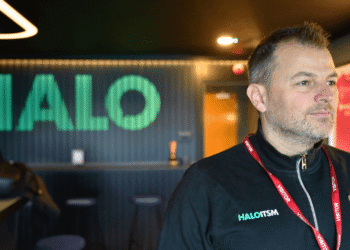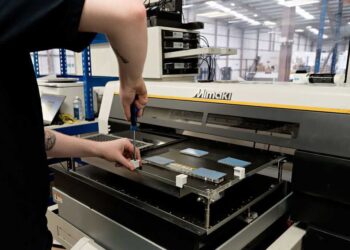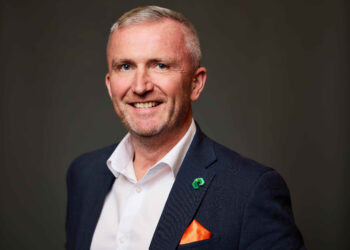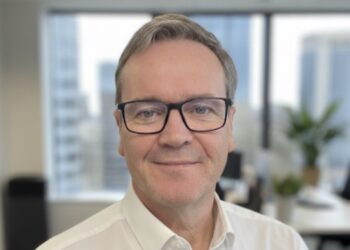XMA has flagged up rising demand for device ‘MOTs’ that enable clients to stretch the lifecycle of their devices while cutting emissions.
The reseller’s ‘Circular Economy Managed Service’ sees it take a portion of a customer’s PC estate, refurbish it, and then return it with a fresh three-year warranty.
Despite only debuting at the start of the year, it is already the St Albans-based outfit’s “biggest” circular IT service, its Strategy & Commercial Development Director and ESG Director, Darren Howe, said.
“We call it an MOT and service,” Howe told IT Channel Oxygen.
“Think of the NHS or councils. They’re really struggling. What’s happening in the market is people are stretching the length of time they use devices.
“We just keep moving stuff in and out, so over a period of time all of their estate will be refurbished back to a level that will last them for another three years.”
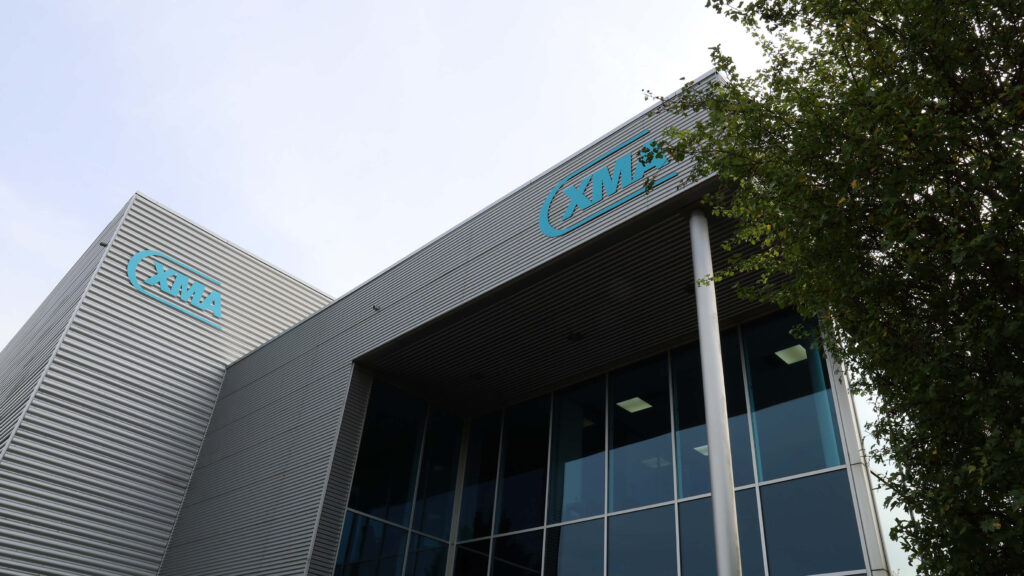
Just like with a car, having an ‘MOT and service’ will ensure the device retains more value for the client, Howe emphasised.
“We see that as a big programme. We’re doing it with a number of big organisations,” he added.
The MOT feeds into a second scheme that kicks in once the additional three-year warranty expires, in the form of XMA’s Raise and Donate programme, Howe explained.
This see XMA take devices (or sometimes monitors), refurbish them and donate them largely to areas where there is an IT shortfall, for instance to schools.
No longer the “dirty end of the stick”
St Albans-based XMA is the latest large IT solutions provider to break cover on its circular IT strategy for IT Channel Oxygen’s Second Life Campaign, following similar moves from Computacenter, SCC, Insight, Softcat and Ultima.
XMA ranked 11th in the recent Oxygen 250.
“Ten, 15, 20 years ago, it was the dirty end of the stick. You just dumped out the old kit and noone wanted to worry about it – ‘let’s buy new’,” Howe said of second-user IT.
“And now, actually, it’s got the biggest amount of interest in the market.”
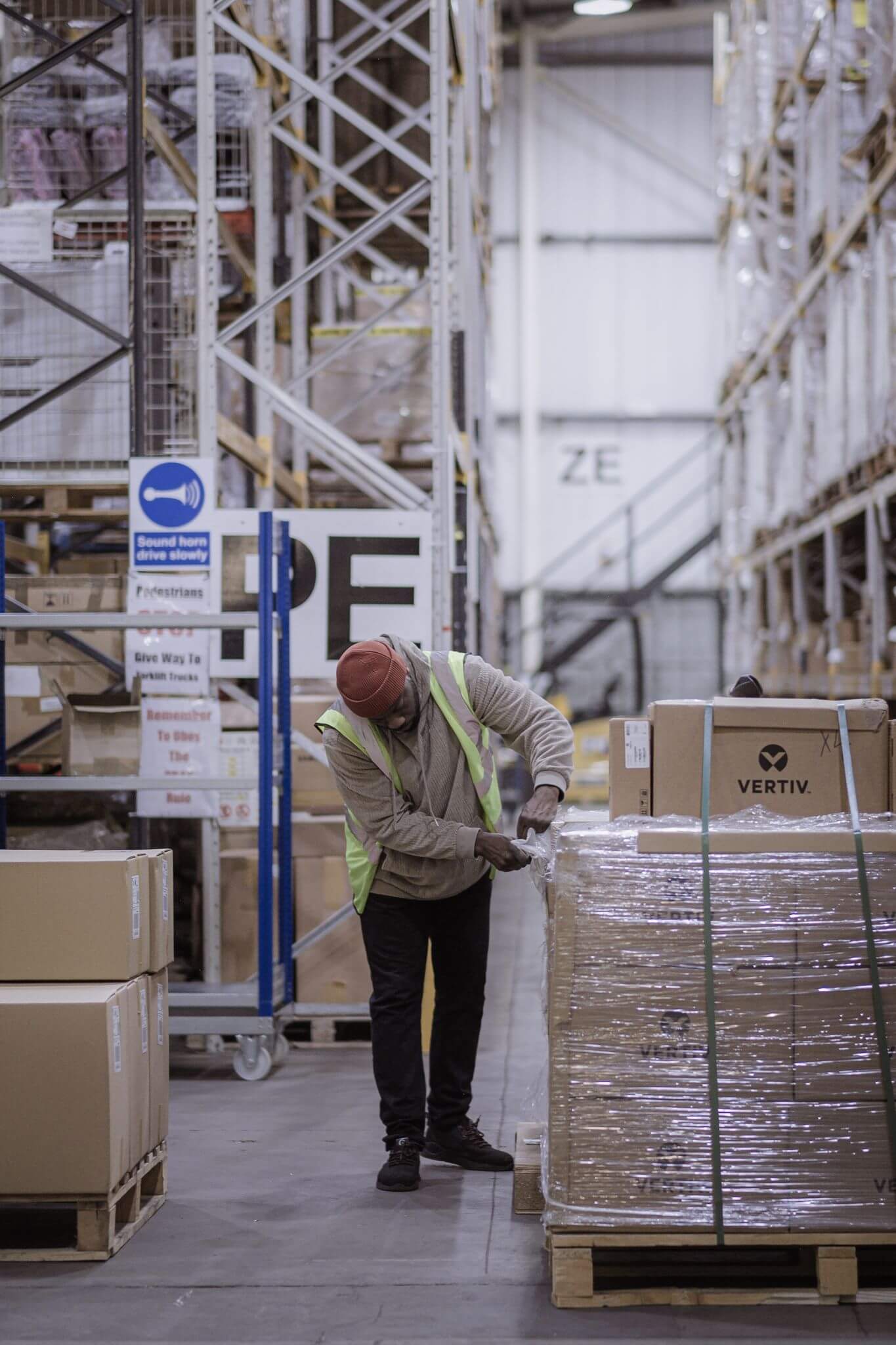
Despite the rising profile of ‘remanufactured’ devices, Howe said he believes refurbished is the way forward.
The line between refurbished and remanufactured is blurring, he said, claiming that attempts to characterise the former as second rate are “misleading”.
“In our language, we call it ‘as-new’ refurbished,” he said.
“There are no marks, scratches or dents. It’s not graded – there’s no grade A or B. It’s one standard. When you open the box, you can’t tell the difference between it and a new device.
“The levels of refurbished devices are of a higher standard [now]. And certainly, with those component parts now being modular, I think the need for remanufacturing is probably not going to be the leading way.”
Remanufactured can also be too dear, Howe argued.
“When I sat down with a vendor recently, I said ‘it’s great that you do it, but just make sure the cost is appropriate’. There’s no point in having a new device at £800 and then having a remanufactured one at £650,” he said.
“The whole idea is that you’ve taken out all the costs associated with manufacturing and distribution, and all of the Co2 that sits in there. The cost should be dramatically less.”
Commenting on his hybrid job title, Howe claimed there is an increasingly natural fit between commercial and ESG.
“I wear a number of hats, and they’re all entwined. You wouldn’t expect them to align, but it’s becoming more and more prevalent,” he concluded.
Doug Woodburn is editor of IT Channel Oxygen






